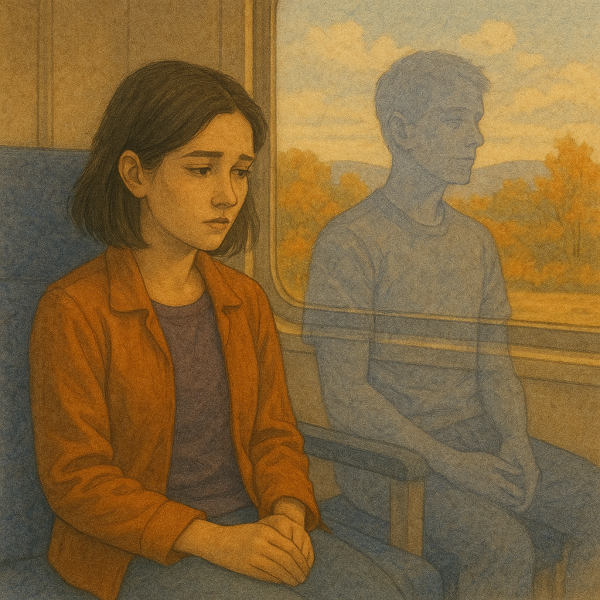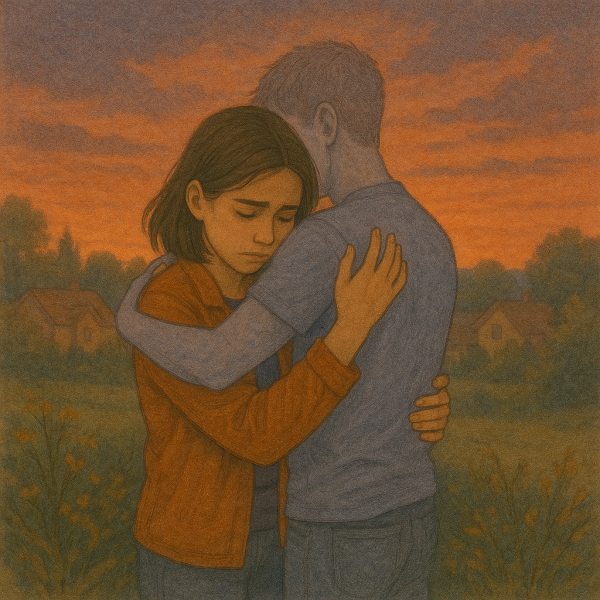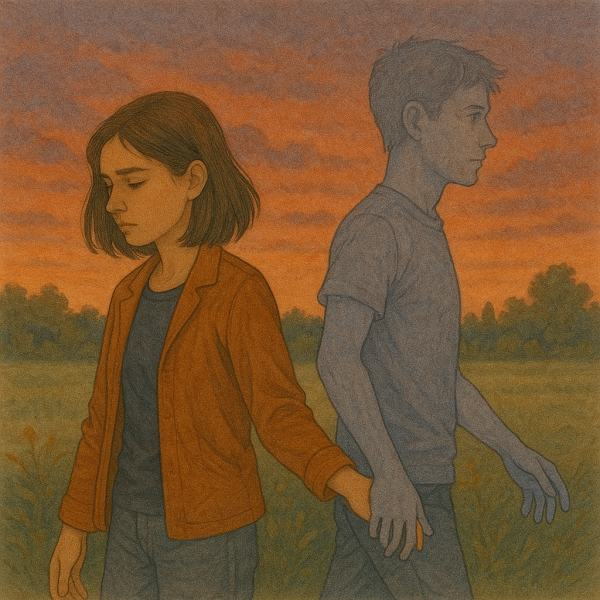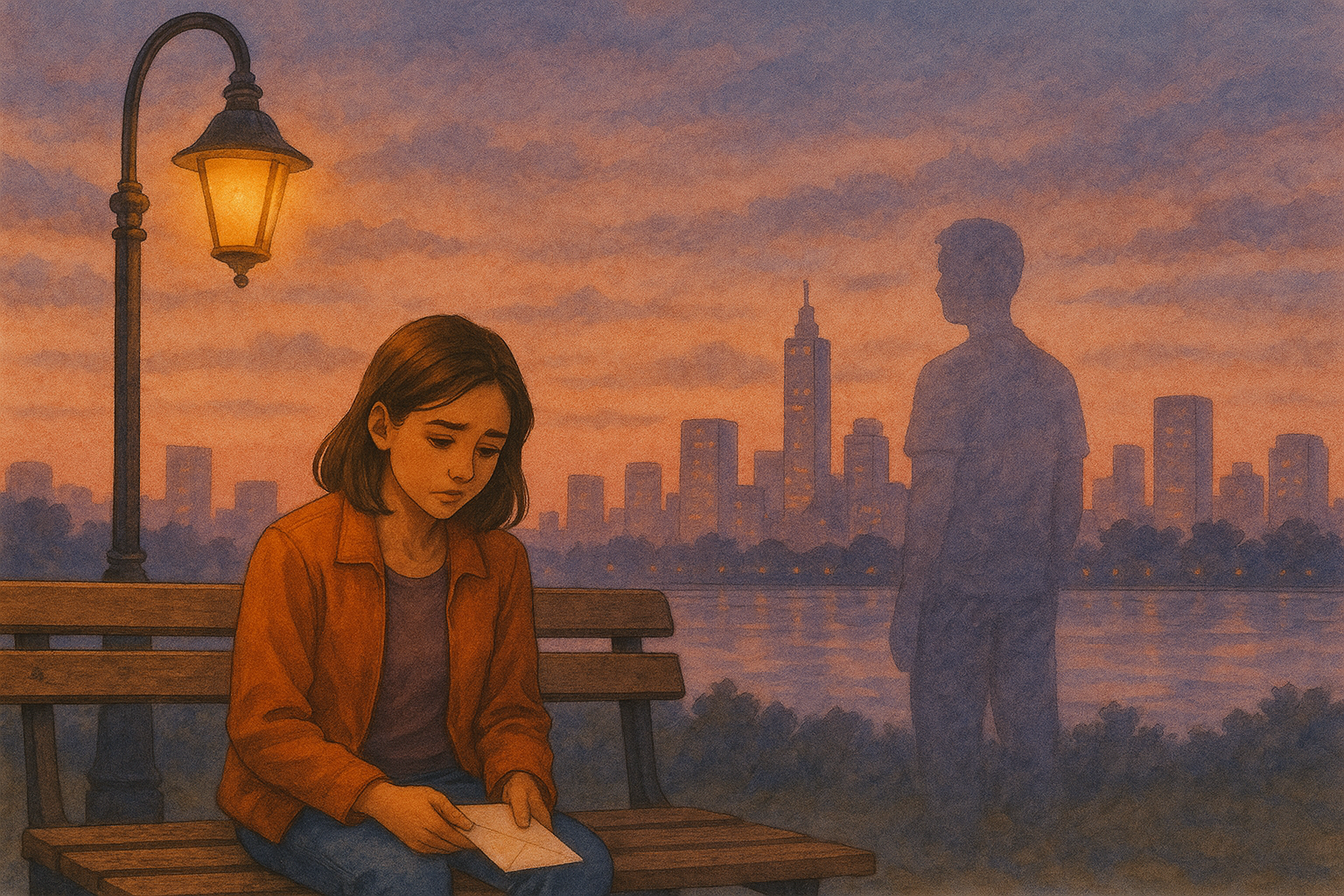Some stories don’t end—they echo through the years in the people we never really break up with. They leave, yes. Or we leave them. But long after the last conversation, they still surface—when a song plays, when a scent returns, when silence grows heavy enough to remember.
In the Philippines, we call them TOTGA—The One That Got Away. A TOTGA one that got away isn’t just a person; it’s a version of a life that almost happened, a story without an ending, a love we still carry, quietly.
It’s more than just a viral phrase or teleserye trope. For many Filipinos, TOTGA is emotional shorthand for a heartbreak that never fully healed. These aren’t just lost relationships—they’re unfinished stories

When the ending never came
Some people leave like a door slamming shut. Others fade so gradually you don’t realize they’re gone until long after the last goodbye. TOTGA often belongs to the latter.
One man recalled a college love that slipped away not with drama but with distance. They stayed in touch, sort of. Liked each other’s posts. Saw each other occasionally. But eventually, there was just silence.
Sometimes, the most painful loss is the one without a clear ending.
Clinical psychologist Margie Holmes says we tend to revisit these connections during transitions—when we’re questioning the present or feeling stuck. The memory becomes a mirror for the life we didn’t live.
We don’t miss them—we miss the possibility
Research from UC Berkeley suggests we idealize former partners we never got closure with. Time distorts memory, and what remains is a version of love that feels cleaner, kinder, and less complicated than it really was.
Psychotherapist Randy Dellosa notes that what we often long for is not the person, but who we were with them. TOTGA becomes a way of revisiting that version of ourselves—the person we once hoped to become.

When timing just doesn’t align
Some TOTGAs were deeply real but couldn’t last. Some collapsed under distance, others under duty or circumstance. Not all heartbreak comes from conflict. Sometimes, it comes from restraint.
One woman remembered a long-distance love that spanned five years. Despite deep connection, they chose separate lives. “We were good,” she said, “but not meant to be.” And even so, she thinks of him—especially on quiet nights.
Why Filipinos feel it more deeply
TOTGA thrives in Filipino culture. Our songs celebrate it. Our teleseryes revolve around it. We’ve normalized sacrifice and glorified almosts.
But we’ve also romanticized pain. We believe in destiny. And when love doesn’t end in forever, we tend to see it as failure—not simply as a chapter that ended.

It resurfaces when we least expect it
TOTGA isn’t always dramatic. Sometimes, it’s just the feeling that lingers in the background. A scent. A street. An old voicemail you still haven’t deleted.
This isn’t always about wanting someone back. It’s about recognizing who you were with them—and what they still represent.
For more on this quiet emotional weight, see Simpol’s essay “Taken, at Last” at www.simpol.ph/living-late-love-filipino.
Can they come back?
Some do.
Reunions happen. Messages get sent. Coffee is shared. And occasionally, that old love returns in a new form—grown, wiser, ready.
But more often, reconnection brings closure, not revival. What felt sacred in memory becomes something you can finally let go of.
You don’t have to move on. You just have to move forward
Healing from TOTGA doesn’t mean forgetting. It means making peace.
Writing a letter. Saying a thank-you. Letting the story rest.
If you’ve ever written something to someone you never sent, check out Simpol’s upcoming story series “Letters Never Sent.”
You can love someone quietly, from a distance, with no expectation of return.
Not all love stories are meant to last—but they still matter
TOTGA may never leave you completely. But neither do the lessons they gave you.
Maybe you’re someone else’s TOTGA. Maybe you’ll never know. What matters is how you love now—with all the wisdom, clarity, and softness that a little heartbreak brings.

What We Keep, Quietly
So if you find yourself thinking of them again—without warning, without reason—let it be. Maybe the memory isn’t a wound reopening, but a reminder that you loved, deeply and honestly, once. And that love, even the kind that doesn’t last, still counts.
We don’t always get the ending we hoped for. But sometimes, the fact that we remember—tenderly, quietly, without bitterness—is a kind of healing too.























